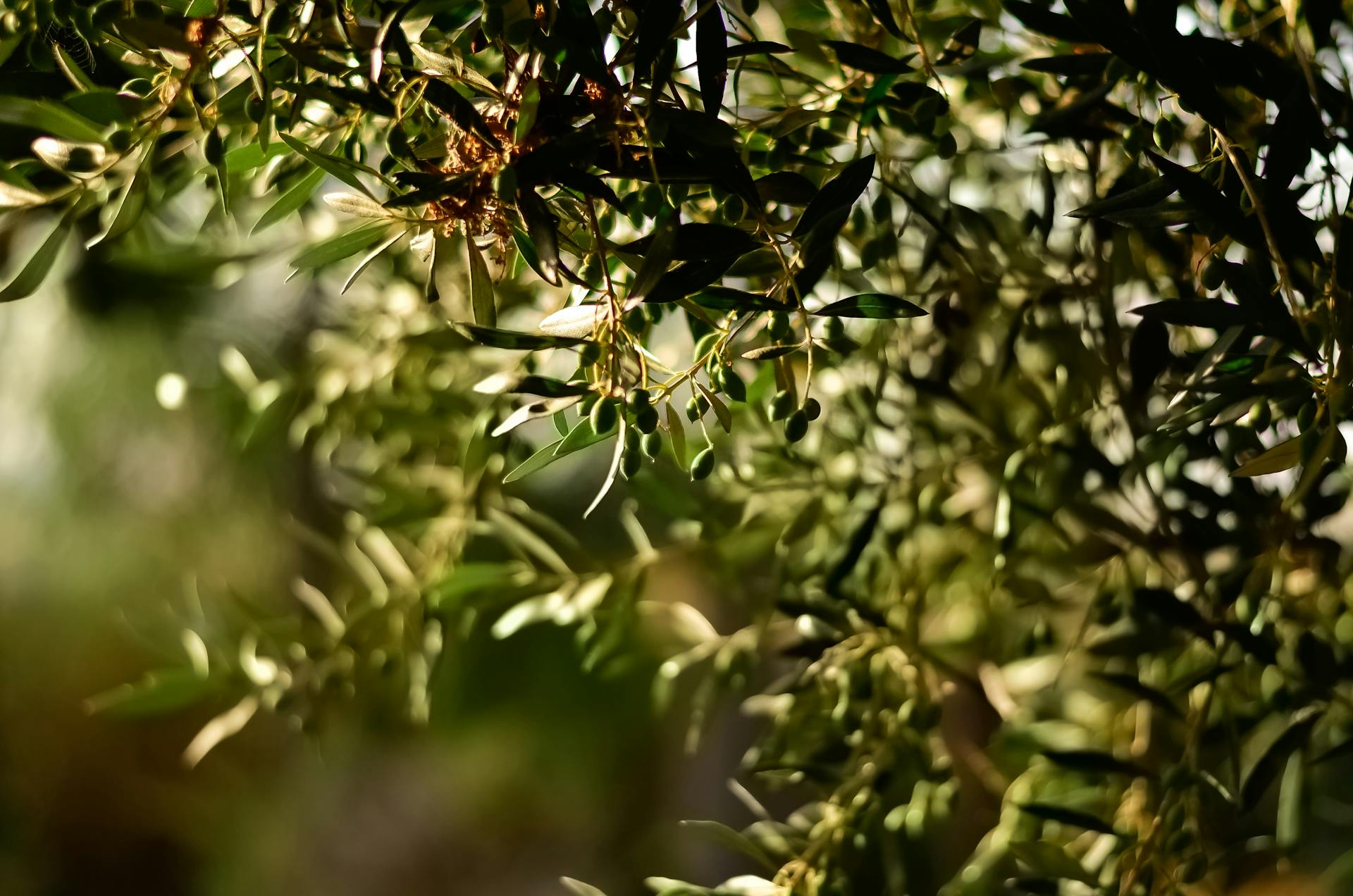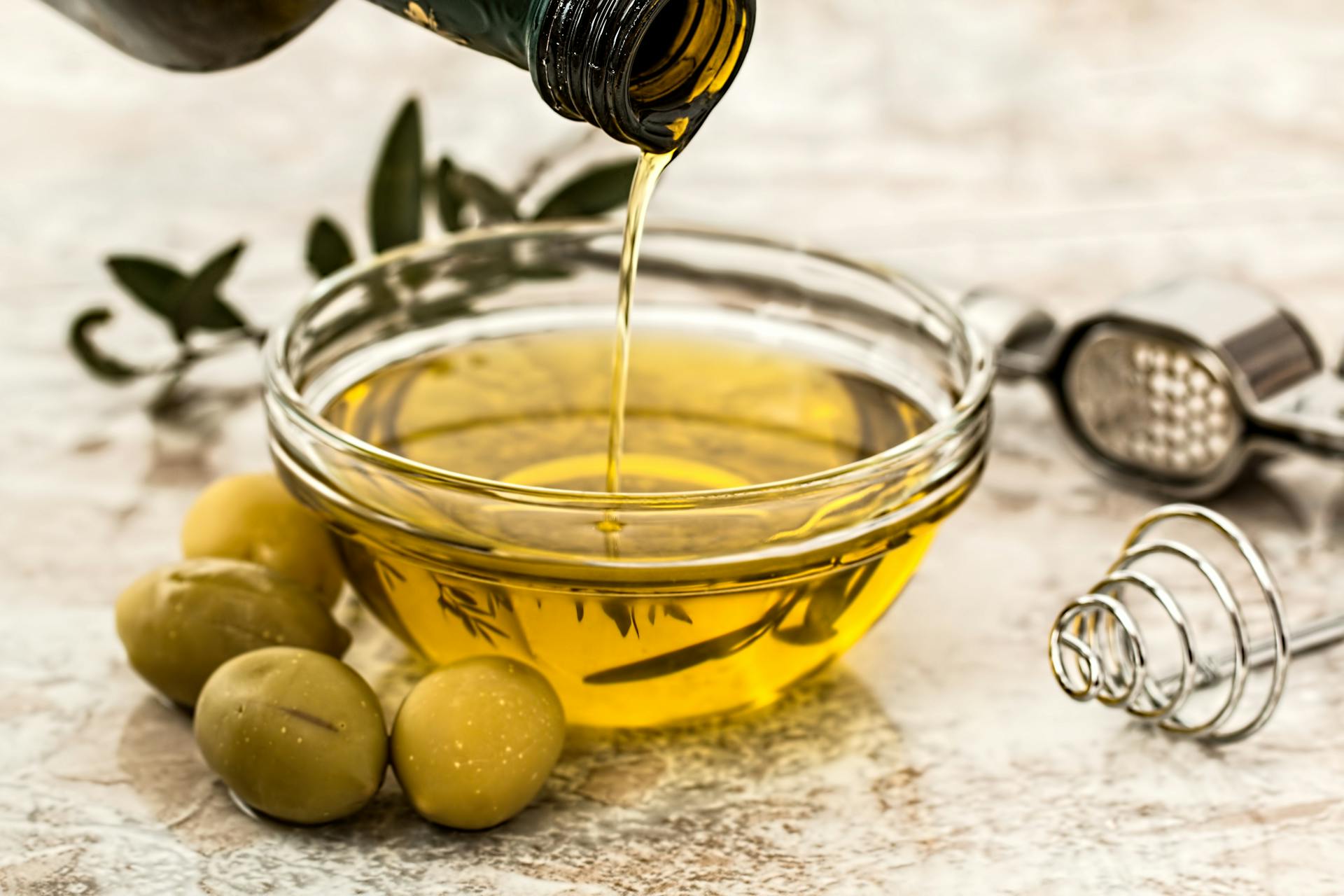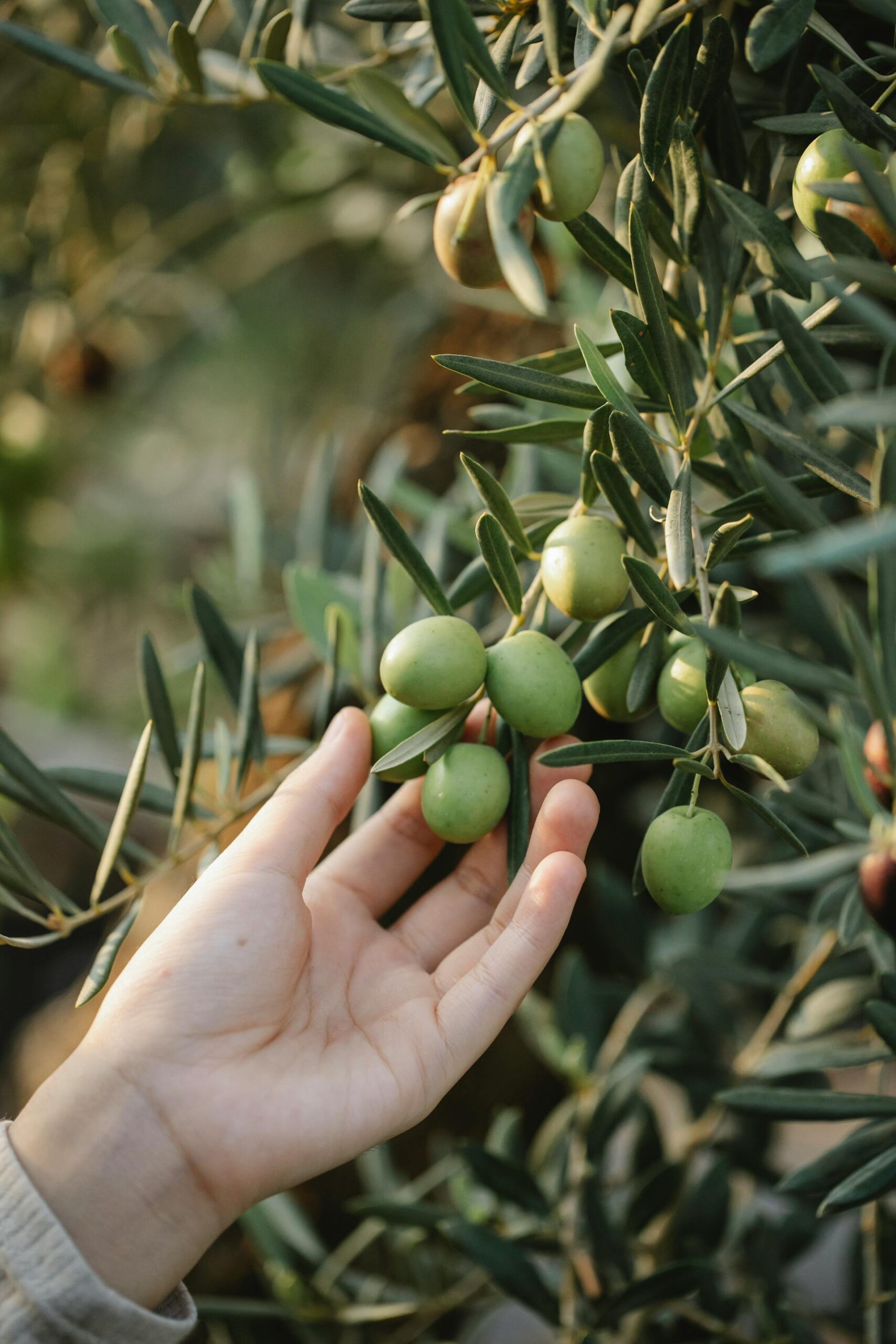
What Is Extra Virgin Olive Oil? Quality Grades & Standards
As a professional chef, my passion is creating dishes that combine exceptional flavor with nutritional excellence. Organic extra virgin olive oil is one of my favorite ingredients for its culinary and health benefits.
Countless varieties of olive oil are sold in the United States, generally labeled as either extra virgin olive oil, virgin olive oil, olive oil, or refined olive oil. Quality makes all the difference in how olive oil tastes and what it does for your body, with extra virgin olive oil (EVOO) being the global gold standard.
What Is Extra Virgin Olive Oil?
Extra virgin refers to the highest quality grade of olive oil. The United States Department of Agriculture (USDA) says that in order for olive oil to be considered extra virgin, it must possess “excellent flavor and odor (median of defects equal to zero and median of fruitiness greater than zero) and a free fatty acid content, expressed as oleic acid, of not more than 0.8 grams per 100 grams”.
Flavor and Aroma
In my segment with WKRN Local On 2 in Nashville, we delved into a serious issue reported by Forbes: “80% of olive oils in America are fake” due to olive oil adulteration. Adulterated olive oil tastes and smells bland, as it is often diluted with lower-quality oils such as canola or soybean oil, or heavily processed in batches that contain old, rancid olives or olives picked off the ground from multiple different farms or regions.
Real olive oil is extra virgin: truly delicious, healthy, and minimally processed, without chemicals or excessive heat. The multidimensional flavor of extra virgin olive oil is unparalleled, with distinct yet subtle fruity, bitter, and spicy notes.
Olive oil that is not extra virgin tastes dull. It has undergone processing that strips the essence of the olives, and destroys precious amounts of nutrients like antioxidants, fatty acids, vitamins, and polyphenols.
Oleic Free Fatty Acids
Oleic acid is an anti-inflammatory, monounsaturated fatty acid that is abundant in olive oil and linked to improved cardiovascular health. These molecules must be carefully preserved to ensure their integrity. Exposure to heat during extraction destabilizes these molecules into free fatty acids (FFA).
A defining feature of extra virgin olive oil is having less than 0.8% free fatty acids. Virgin olive oil, olive oil, and refined olive oil have higher FFA contents than extra virgin olive oil. The higher the FFA content, the more unstable and vulnerable olive oil is to oxidize during cooking and become a dull, stale, lifeless oil while in storage.
Are All Extra Virgin Olive Oils The Same?
The extra virgin grade should be the bare minimum characteristic of your olive oil shopping criteria. However, there are also several other characteristics that distinguish extra virgin olive oil from good to great to exceptional.
Shayna’s Kitchen EU Certified Organic Ancient Italian Olive Oil is not only extra virgin, but also cold-pressed with medicinal levels of polyphenols from our single estate olives.
Cold-Pressed
Cold pressing is the gold standard of extracting olive oil that meets the grade criteria of extra virgin. Cold pressing is a gentle, artisanal method of extracting olive oil under 27 degrees Celsuis throughout the entire process so as to not kill the goodness of the liquid gold.
Shayna’s Kitchen EU Certified Organic Ancient Italian Olive Oil is cold-pressed in small batches for the nutritional richness, flavorful delight, and stunning green color of authentic Umbrian olive oil.
Polyphenols
The ancient, time-honored method of cold pressing retains medicinal levels of polyphenols from our 60 to 250 year old ancient Frantoio and Leccino olive trees grown in nutrient-rich soil.
Polyphenols are a key reason for the incredible wellness benefits associated with consuming extra virgin olive oil on a daily basis. Polyphenols are bioactive compounds with potent antioxidant properties, known to benefit cardiovascular health, blood pressure regulation, blood sugar management, and weight management.
Single Estate
Despite its popularity as a kitchen staple, consumers are often misled about the origins and authenticity of olive oil.
Low quality and adulterated olive oils tend to be mass produced from olives that are not exclusively sourced and extracted at a single origin. The mislabeling, misrepresentation, and adulteration of olive oil often arises when production involves cultivating, harvesting, and pressing through multiple sources or producers without consistent transparency and quality control.
Each olive we pick and extract for Shayna’s Kitchen EU Certified Organic Ancient Italian Olive Oil is picked from a single origin: the ancient olive groves of my biodynamic farm in Umbria, Italy.
I invite you to experience the delicious green gold of Umbria as a celebration of the vitality of the Italian way of life. Explore our small-batch, sustainable, and organic products at shop.shaynaskitchen.com and connect with me @shaynas.kitchen.


